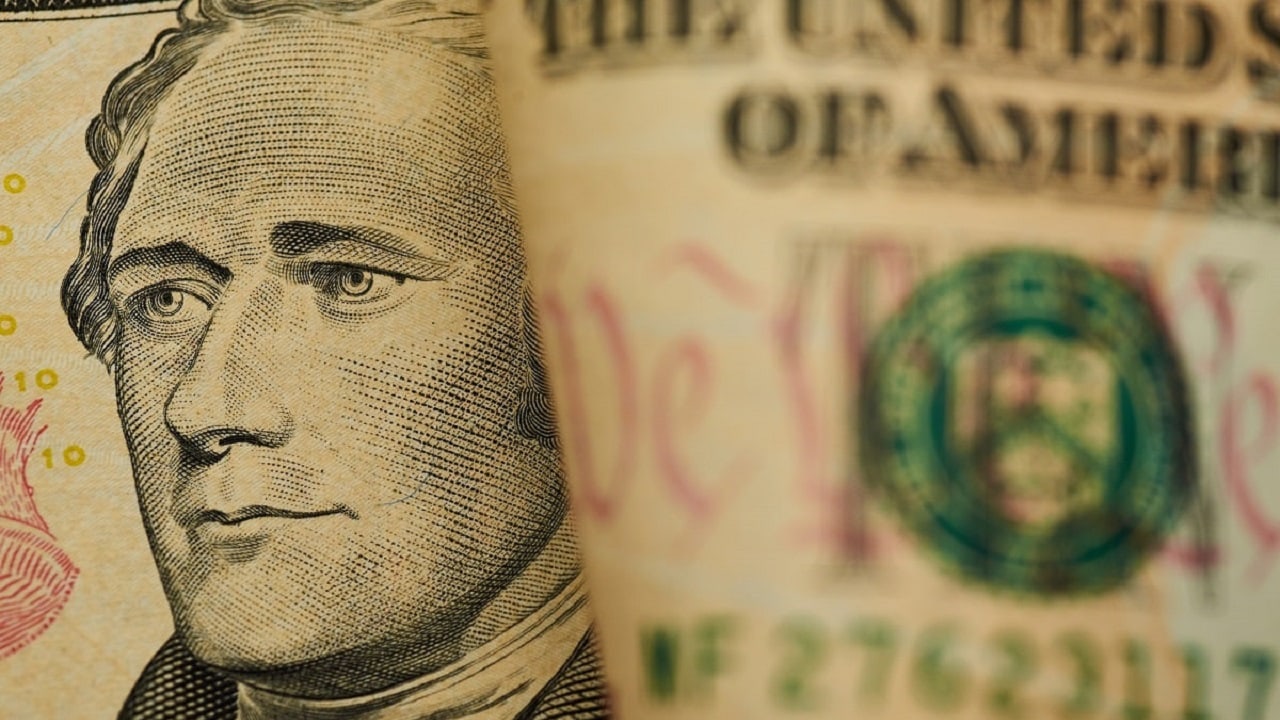April’s inflation numbers looked only a fraction better than March’s historic increase, reaching 8.3 percent. That’s just 0.2 percent less than March’s figure, and also 0.2 percent above the 8.1 percent estimate from Dow Jones.
The latest figure indicates that inflationary pressure on the U.S. economy is here to stay and that measures taken across the world to stabilize supply chains have yet to have any effect.
The consumer price index, which is a measure of the cost of goods and services, compares each month to the same month one year ago.
When the cost of food and energy – both prone to instability – is removed, the core CPI rose by 6.2 percent over April last year. The figure is 0.2 percent higher than the 6 percent prediction from economists, indicating that prices actually worsened in April over March.
What About Wages?
While inflation worsens, wages are not increasing at the same rate. Real wages, which refer to wages adjusted for inflation, were down 0.1 percent for April. Real wages have decreased by 2.6 percent in the last 12 months, even though the average hourly earnings across the United States have increased by 5.5 percent.
In January, President Joe Biden boasted of wage increases in December and largely dismissed the seriousness of slow job growth. Since then, however, wage growth has proven consistently incapable of matching or exceeding inflation.
When Will It End?
Speaking to Fox Business, Principal Global Investors strategist Seema Shah predicted that the inflation crisis could take a very long time to be resolved.
“This is another upward inflation surprise and suggests that the deceleration is going to be painstakingly slow,” Shah said. “The focus will soon start shifting from where inflation peaked to where it plateaus, and we fear that it will plateau at an uncomfortably high level for the Fed.”
Federal Reserve Raises Interest Rates
In an effort to slow down inflation, the Federal Reserve once again increased its benchmark interest rate by half a percent. It was the most aggressive change to interest rates since the year 2000.
By increasing interest rates, the Federal Reserve is effectively making it less likely that Americans will borrow money. As a result of making borrowing more expensive, the Federal Reserve hopes to cut spending. A drop in spending reduces the demand for goods and services, which would reduce inflation.
Federal Reserve chairman Jerome Powell said during a press conference that inflation is “much too high” and acknowledged the hardship it is causing.
“We’re moving expeditiously to bring it back down, Powell said.
Jack Buckby is a British author, counter-extremism researcher, and journalist based in New York. Reporting on the U.K., Europe, and the U.S., he works to analyze and understand left-wing and right-wing radicalization, and reports on Western governments’ approaches to the pressing issues of today. His books and research papers explore these themes and propose pragmatic solutions to our increasingly polarized society.

